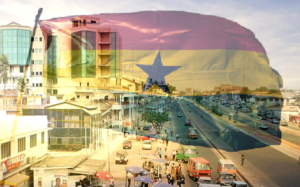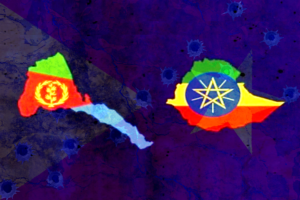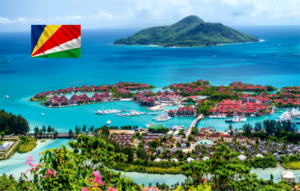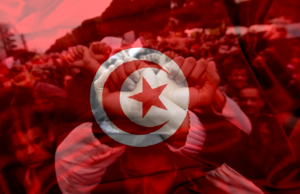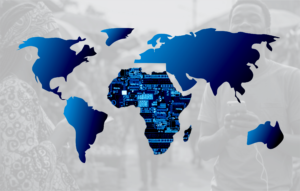UN Raises Alarm as Africa Receives Just 2% of Global Clean Energy Investment
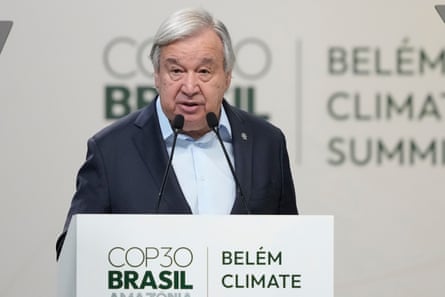
Despite record global investments in renewable energy, the United Nations has warned that Africa, the continent most vulnerable to climate shocks, remains largely left behind in the world’s green transition.
Speaking at the Energy Transition Roundtable at COP30 in Belém, Brazil, UN Secretary-General António Guterres lamented that while $2 trillion flowed into clean energy last year, only 2 per cent reached Africa. The imbalance, he said, threatens not only climate goals but also human stability, livelihoods, and social cohesion across a continent already battling poverty, migration pressures, and food insecurity.
“Every dollar invested in renewables creates three times more jobs than in fossil fuels,” Guterres said, calling for a people-centred approach that puts equity and opportunity at the heart of the energy transition. He urged nations to end fossil fuel subsidies, modernize power grids, and ensure that developing regions, especially Africa, share in the benefits of clean energy growth.
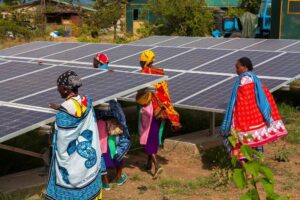
The implications reach beyond economics. Families across the Sahel still cook with firewood; rural communities remain in darkness after sunset. The energy gap has become a cultural fault line, defining who gets to learn after school, who can refrigerate vaccines and who can run a business. In the stance of many young Africans, energy poverty translates into lost futures or forced migration.
Africa contributes less than 4 per cent of global emissions, yet it bears the brunt of climate change. Droughts in the Horn, floods in West Africa and the slow death of farmlands in the south. Experts warn that without equitable access to renewable investment, the continent risks deepening inequality even as the rest of the world races toward decarbonization.
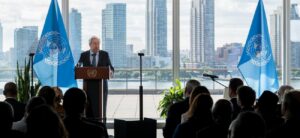
At the same summit, African Development Bank (AfDB) President Sidi Ould Tah reaffirmed the institution’s commitment to “turning promises into progress,” noting that the Bank has already achieved parity between climate adaptation and mitigation financing. He highlighted new efforts to mobilize capital for green growth, empower women/youth and protect forests/oceans, the natural shields of African communities.
Nigeria’s Vice President, Kashim Shettima, echoed this call, urging for fair access to carbon markets that would allow African nations to monetize their environmental assets, restore degraded lands, and invest in people.
The struggle is also one of dignity and inclusion culturally. Africa is not asking for charity, but for justice and a seat at the table in building a cleaner and fairer world.
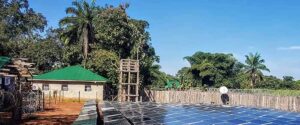
As negotiations at COP30 resume, delegates are expected to hammer out a new climate finance goal of $300 billion annually by 2035, for developing nations. But for many in Africa, the urgency is not theoretical. It’s about light in a child’s classroom, power in a farmer’s pump, and stability in communities where climate despair can easily turn into displacement or unrest.
Africa sees the energy transition beyond environmental imperative to an indepth human concern.


